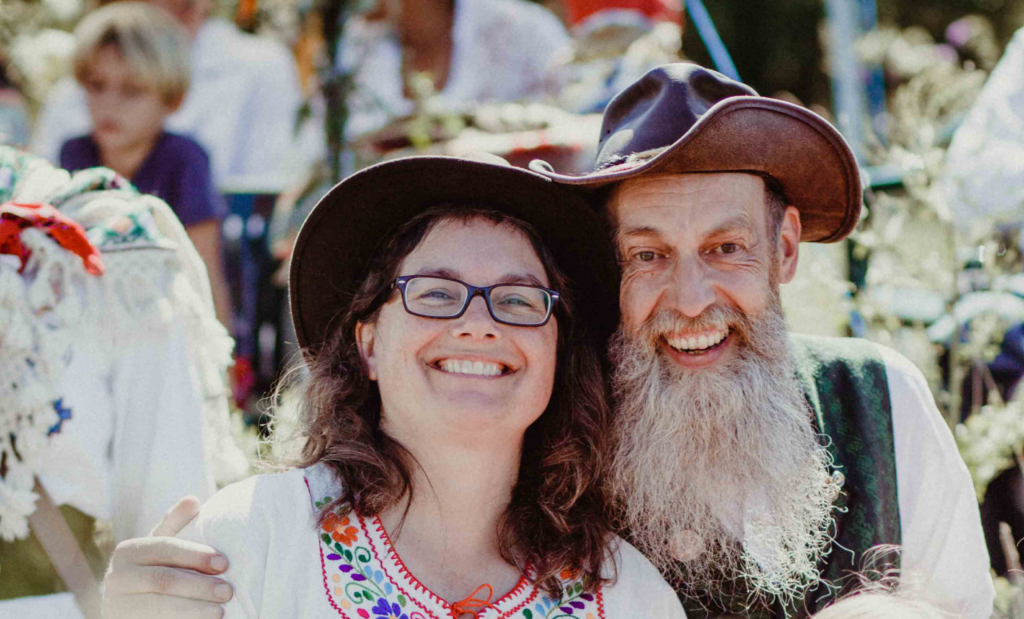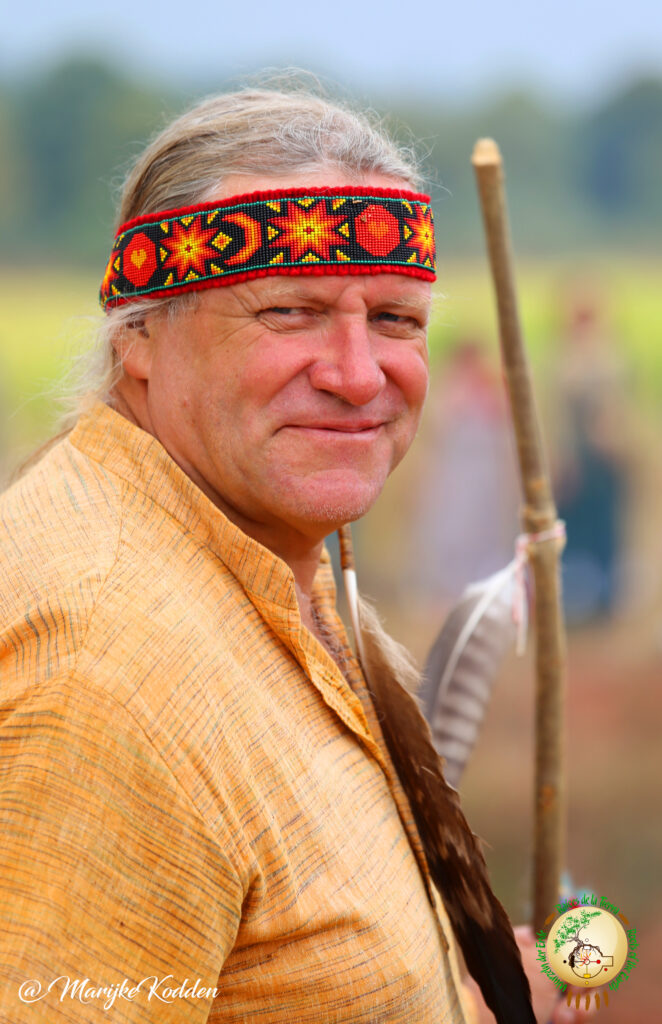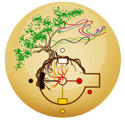“The year for ourselves, now it’s time to close the circle, receive the blessing and move forward.”
With this sentence from our Chief Helmut, we as a team and actually everyone associated with the Kiva Ceremony in Germany over the three years we go into this final, fourth and final Kiva Ceremony in Germany (for this cycle, I should always write this and I am happy to do so, who knows what the next few years will bring).
Over these years I (Tobias) have repeatedly thought, written and spoken with others about commitment; a commitment over the years and four ceremonies.
In our fast-paced, often ego-centred times, “the year for ourselves” sounds like a carte blanche and indeed this feedback came to me too; only with the second part “time to close the circle” does it make sense and is helpful.
A conscious closing of the ceremony, the completion of a circle, a cycle.
Why is a conscious closure so important for any ceremony, not just the Kiva ceremony? Fortunately, I don’t have to think about it myself, because Helmut and Melanie have done it for me, for us.
Oh, let me introduce Melanie first; she looks after all our elders and their companions in a wonderful way with a great team, it’s a bit like being a circus director and kindergarten teacher. My thanks to you.


Melanie:
Why is a conclusion so important?
Helmut:
Every ceremony needs a conclusion, a completion.
The conclusion is important for two main reasons:
Firstly, if you consciously bring closure, it is complete and just finished, because the ceremony can only really work if a proper closure has been made.
Secondly, without good closure it is always unfinished for you and for everyone.
A part of you remains stuck there. Of course, this can be resolved later, but it is awkward. It’s better to do the closing properly now so that you are free for what may come.
This ceremony is designed to give you freedom. Nobody is pressurised into anything. We take great care to ensure that individual freedom is maintained. Only then can good spiritual work happen if it happens in freedom.
Melanie:
What do you mean by “being free”?
Helmut:
Take a look at the ceremony now. Allow yourself a look and ask yourself the question: Was it worth the effort? And did I learn a lot, or not?
It’s time to reflect: what was good, what was bad, what did I learn, where did I receive gifts? It is important to receive gifts, by which I mean gifts from the spiritual world as well as beautiful and useful things. That’s why it’s good to have a few ‘giveaways’ with you in your final year so that you can give gifts – and make sure you have a few extra in reserve.
Reflect on this right now, at this point in time.
In the last few days before the ceremony, we usually realise this because the ceremony supports us in this.
To see now, where is my place, what is the next step, what is next? This ultimately makes the ceremony something practical.
Now is the time to think about this, because the spirit is currently being addressed more than usual. The mind says it’s far too stressful anyway …
Melanie:
What happens after the ceremony is over?
Helmut:
As a team, we have made a four-year commitment and can be proud of what we have all achieved. What has happened through us, not what we are.
Whatever path each individual takes, we will always remain part of the family.
If it weren’t for that, it wouldn’t be freedom. Nobody can take away what we have achieved as a team and as individuals.
You are connected to the people you worked with on the fire *. After years of seeing each other, you no longer remember what was good and what was bad. But you remember who you worked with at the fire and who you put your heart into it together, even after many years.
A part of the family that remains.
Ultimately, they are circles. Circular thinking, not linear.
We have just completed a circle. Some circles are closer or further away, but we will all meet again. Nothing is lost in the circle. Even if you do something completely different. Nothing is lost in the circle. In linear thinking, what you don’t take with you is lost. Not in the circle. Nothing is lost.
Melanie:
How would you summarise it now?
Helmut:
It’s the year when we are all free to make new choices again.
A ceremony must have a practical value and enrich your life. If it has enriched it, keep at it:
Ex. with the Vision Quest **, the next Kiva Ceremony in Europe in February 2025, a Roots of the Earth Sun Dance or or or. If it hasn’t enriched your life, it’s time to move on.
Melanie: Thank you, dear Helmut. See you at the Kiva Ceremony!
* Note Tobias: Cleaning the showers is also work by the fire.
** Note Tobias: Immediately after the Kiva Ceremony, the first Roots of the Earth vision quest in Germany will take part.

